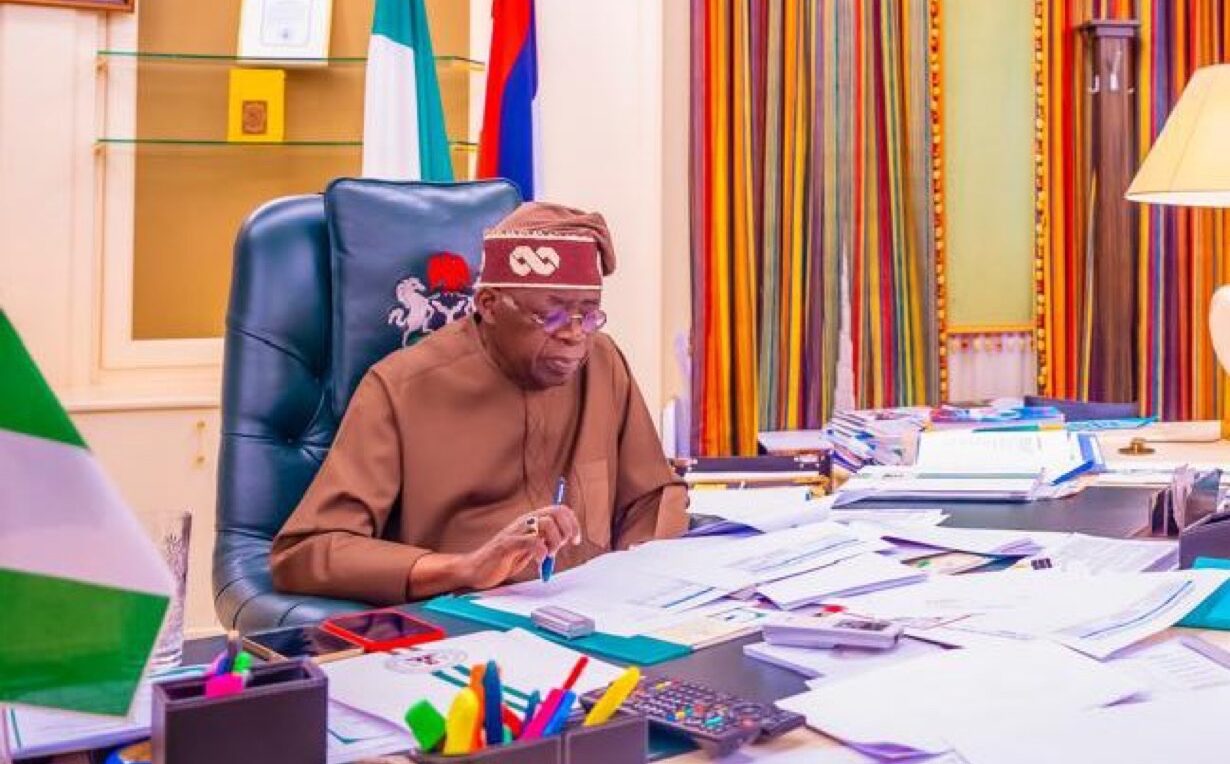The Socio-Economic Rights and Accountability Project (SERAP) has called on President Bola Tinubu to disclose the identities of contractors and companies implicated in the misappropriation of over ₦167 billion allocated for projects across 31 ministries, departments, and agencies (MDAs).
The funds, earmarked for public projects, were reportedly paid to contractors who failed to execute the contracts.
In a letter dated November 30, 2024, and signed by SERAP’s Deputy Director, Kolawole Oluwadare, the organization urged Tinubu to direct Minister of Finance and Coordinating Minister of the Economy, Wale Edun, and Accountant-General of the Federation, Oluwatoyin Madein, to publish the names of the companies, the amounts collected, and details of the projects for which the funds were allocated.
The revelations stem from the 2021 audit report released by the Auditor-General’s office. It details how ₦167.6 billion was disbursed to various contractors who failed to deliver on the promised projects. Among the most significant cases, the Nigerian Bulk Electricity Trading Plc (NBET) paid out ₦100 billion for projects that remain unexecuted.
Other implicated MDAs include the National Pension Commission, Petroleum Technology Development Fund, Hydrocarbon Pollution Remediation Project (HYPREP), and the Federal Ministry of Youth and Sports Development.
Disclosure of Information: Publishing names of contractors, project details, and associated company shareholders to enhance public accountability.
READ ALSO: Investigate ‘missing’ N57bn in Humanitarian Affairs Ministry, other funds’, SERAP tells Tinubu
Judicial Action: Tasking the Attorney General of the Federation, Lateef Fagbemi (SAN), and anti-corruption agencies to prosecute the contractors and recover the funds.
Naming and Shaming: Highlighting those implicated as a deterrent against future abuses.
Treasury Recovery: Ensuring that recovered funds are returned to the public treasury for effective use.
SERAP emphasized that inaction would embolden corrupt practices, perpetuating socio-economic inequality and depriving citizens of essential services.
The organization highlighted that corruption in the use of public funds undermines economic development, exacerbates inequality, and obstructs access to healthcare, education, and basic infrastructure.
The letter noted that Nigeria’s obligations under the United Nations Convention Against Corruption and domestic laws demand transparency, accountability, and effective sanctions against financial mismanagement.
SERAP has given the government a seven-day window to act. Failure to do so, the group warns, will compel them to pursue legal action in the public interest.
“Corruption exposes Nigerians to increased costs for essential services and traps many in poverty,” the letter stated. “Transparency in public spending is essential to democratic accountability and restoring public trust.”
By exposing and addressing the scandal, SERAP asserts, the Tinubu administration can set a precedent for transparency and accountability in governance.

 Entertainment1 week ago
Entertainment1 week ago
 Entertainment5 days ago
Entertainment5 days ago
 Comments and Issues1 week ago
Comments and Issues1 week ago
 Comments and Issues1 week ago
Comments and Issues1 week ago
 Comments and Issues1 week ago
Comments and Issues1 week ago
 Health7 days ago
Health7 days ago
 Health3 days ago
Health3 days ago
 Football7 days ago
Football7 days ago

